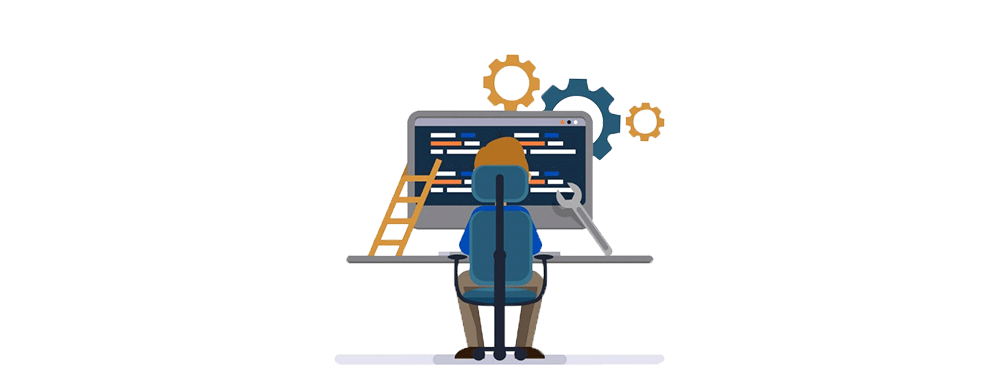Are you a fresh graduate looking for your first IT job? I am sure you are frustrated with the low volume of application acceptance for interviews. This article can help you identify common mistakes that you may be doing.
About TestLeaf
We have recently started our training program for fresh graduates like you to upskill and find the software job you love.
Mistakes when applying for jobs
Low Skill
As a graduate, the subjects you learned during your college days do not map to the industry requirement. Hence, you need to focus on one specific programming language with minimum data structure and algorithms. In addition, learning the manual testing and test automation skills will be super beneficial.
Know the Company that you like to apply
Most of us did not know what companies to apply to. It is super important for you to identify the kind of companies that you use – product companies (like Freshworks, Zoho, ChargeBee, Amazon, PayPal, Google, Netflix, Meta, etc.) or Captive companies (like RBS, BNY Mellon, Ford, JP Morgan etc.) or Service companies (like Cognizant, Infosys, TCS, Wipro, HCL, Tech Mahindra, Capgemini, etc.). Identify your top 25 companies and know these companies and opportunities through LinkedIn.
Resume and Cover Letter
As we all know, resumes are important. An overview highlights your strengths and shows what you have learned and know. But I noticed that our learners didn’t develop a proper resume. Their resumes had typos and inconsistent formatting. I also saw that our learners didn’t give importance to cover letters. They attached their resume and sent an email to the companies.
How do we help our learners to apply for jobs?
We found that these were some blockers for freshers to get more interview calls. In this section, I outline how we helped them.
Resume Preparation
As we all know, the first impression is the best. People tend to look at our resumes first when we apply for jobs. So we helped the learners prepare their resumes to highlight their strengths and technical skills. We did our best to correct typos and make the formatting consistent. We also ended up making their project descriptions more lengthy to showcase their strengths and technical knowledge.
Cover Letter
The companies expect candidates to read their websites. A cover letter shows what the candidate knows about the company and what the candidate can do for the company. So we helped the learners prepare their cover letters and taught them how to tailor them to the companies they were applying to. I’ll be writing a more detailed post on how we helped them prepare their resume and cover letter, along with examples.
References and Mock Interviews
We conducted mock interviews with the learners. It helped them face interviews confidently. It also helped to revise the concepts or technologies they had learned so far. Nowadays, to get into an MNC, we need a reference for attending an interview. Since our employees have more work experience and have worked in various companies, they helped the learners by giving references.
Targeted Application
Last, but not least, we worked with our learners in person and helped them to apply for start-ups. We asked them to come up with a list of start-up companies and helped them craft cover letters for each company they were interested in. We then asked them to send the mail to the CEO personally. We also told them to apply using the company’s career page rather than using a job portal.
Conclusion
Our learners started getting more calls by the end of their learnership. Though they didn’t land a job before their learnership ended, they did find this process helpful. We hope this experience will be helpful for the rest of their career. If you’re looking to make a big career change but don’t know where to start, please take a second to consider software testing for freshers program.
Career RoadMap for Functional Test Automation Developers







